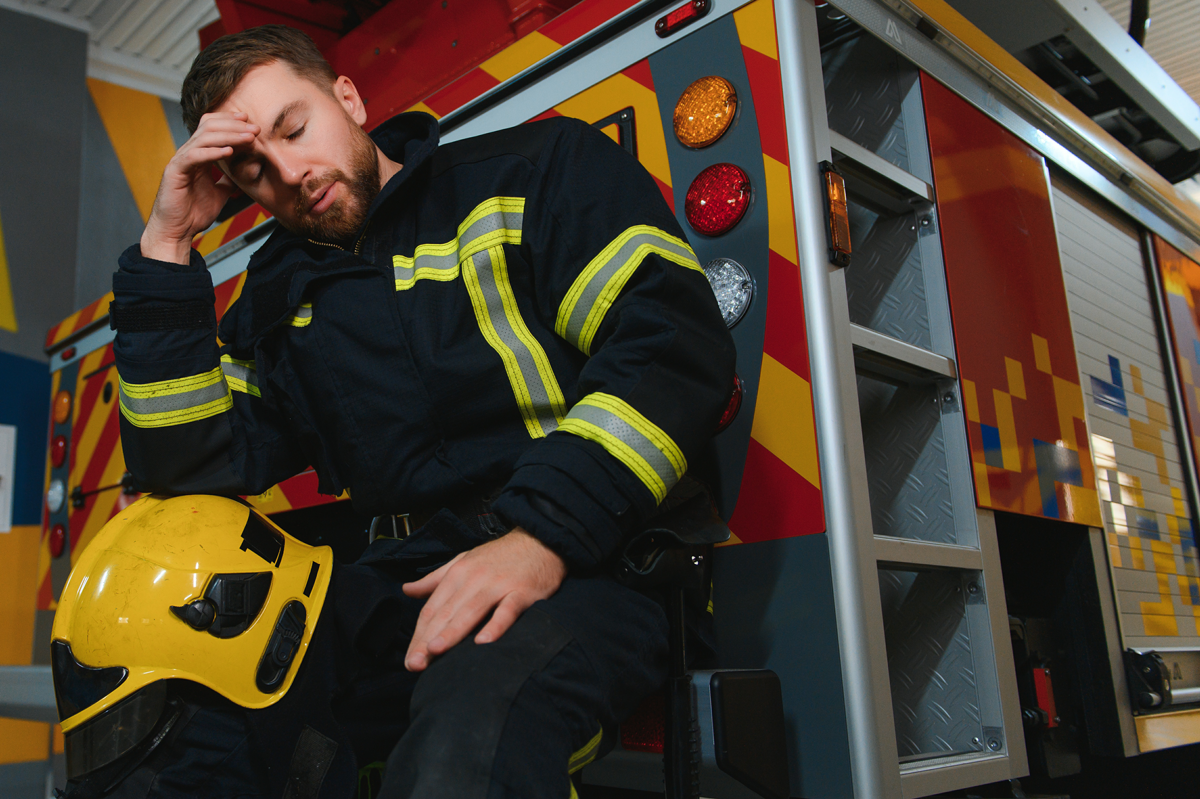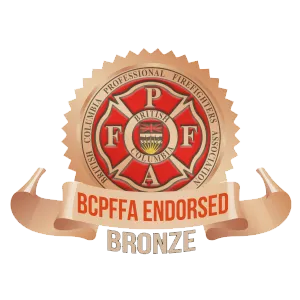Despite growing awareness, many first responders struggle not only with the symptoms of mental health conditions such as PTSD, depression, and anxiety, but also with self-stigma, a powerful internal barrier that discourages help-seeking and perpetuates suffering.
Self-stigma occurs when individuals internalize negative societal beliefs about mental illness, leading to shame, self-doubt, and avoidance of support. In the culture of first response, where toughness, stoicism, and self-reliance are often valued, seeking psychological help can be misinterpreted as weakness. As Bouchard (2020) notes, many officers he interviewed believed that disclosing mental health concerns could lead to judgment or career limitations, reinforcing a cycle of silence.
Research by Carleton et al. (2018) found that nearly half of Canadian public safety personnel screened positive for one or more mental health disorders, yet a significant portion reported not seeking help due to fear of being perceived as unfit for duty. This underscores the urgent need to dismantle both organizational and personal barriers to care.
To overcome self-stigma, a multi-pronged approach is required. Practical strategies include:
- Peer Support and Lived Experience Sharing – Initiatives that promote open dialogue among peers, especially when led by respected members who have sought help, can normalize mental health challenges. As Bouchard (2020) illustrates, officers are more receptive when vulnerability is modelled from within the ranks. The RCMP National Reintegration is a leading example of an effective peer support program.
- Leadership-Driven Culture Change – Leaders must actively encourage psychological wellness and normalize help-seeking. A study by Johnston et al. (2021) showed that organizational support significantly reduces stigma and improves outcomes for first responders accessing care.
- Culturally informed Services – Ensuring psychological services are confidential, accessible, and culturally competent (i.e., provided by clinicians familiar with first responder culture) can reduce perceived risks. Culturally informed mental health services are essential when treating first responders because they account for the unique values, experiences, and occupational stressors of the profession, fostering greater trust, relevance, and effectiveness in care.
- Family Involvement and Education – Educating families about mental health and available supports helps create safe, informed environments at home, crucial for early intervention and long-term resilience.
Reducing self-stigma is not only a matter of individual well-being but of operational readiness. When first responders are mentally well, they perform better, recover faster, and stay longer in their roles. A culture of compassion and accountability where seeking help is seen as a strength must be the standard, not the exception.
For more information, visit PTSDrecovery.ca
References:
Bouchard, M. (2020). Blue on the Inside: The Professional Identity and Mental Health of Canadian Police Officers. Vancouver: Independent Publication.
Carleton, R. N., Afifi, T. O., Taillieu, T., Turner, S., Krakauer, R., Anderson, G. S., … & Ricciardelli, R. (2018). Exposures to potentially traumatic events among public safety personnel in Canada. Canadian Journal of Behavioural Science, 50(2), 67–75. https://doi.org/10.1037/cbs0000115
Johnston, J., Ricciardelli, R., & Parent, R. (2021). Stigma and the mental health of first responders: Examining organizational culture. Journal of Community Safety and Well-Being, 6(2), 49–56. https://doi.org/10.35502/jcswb.204



